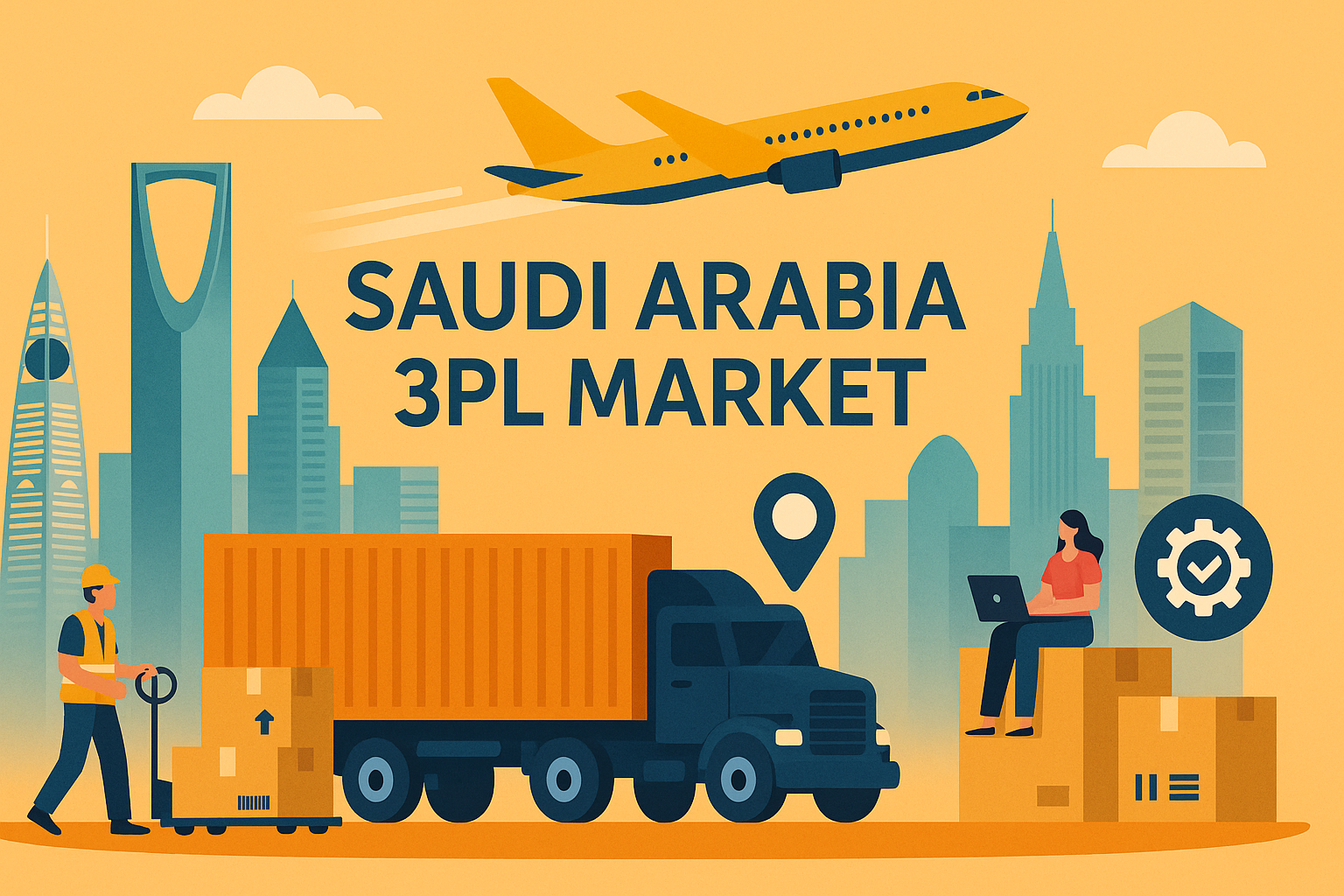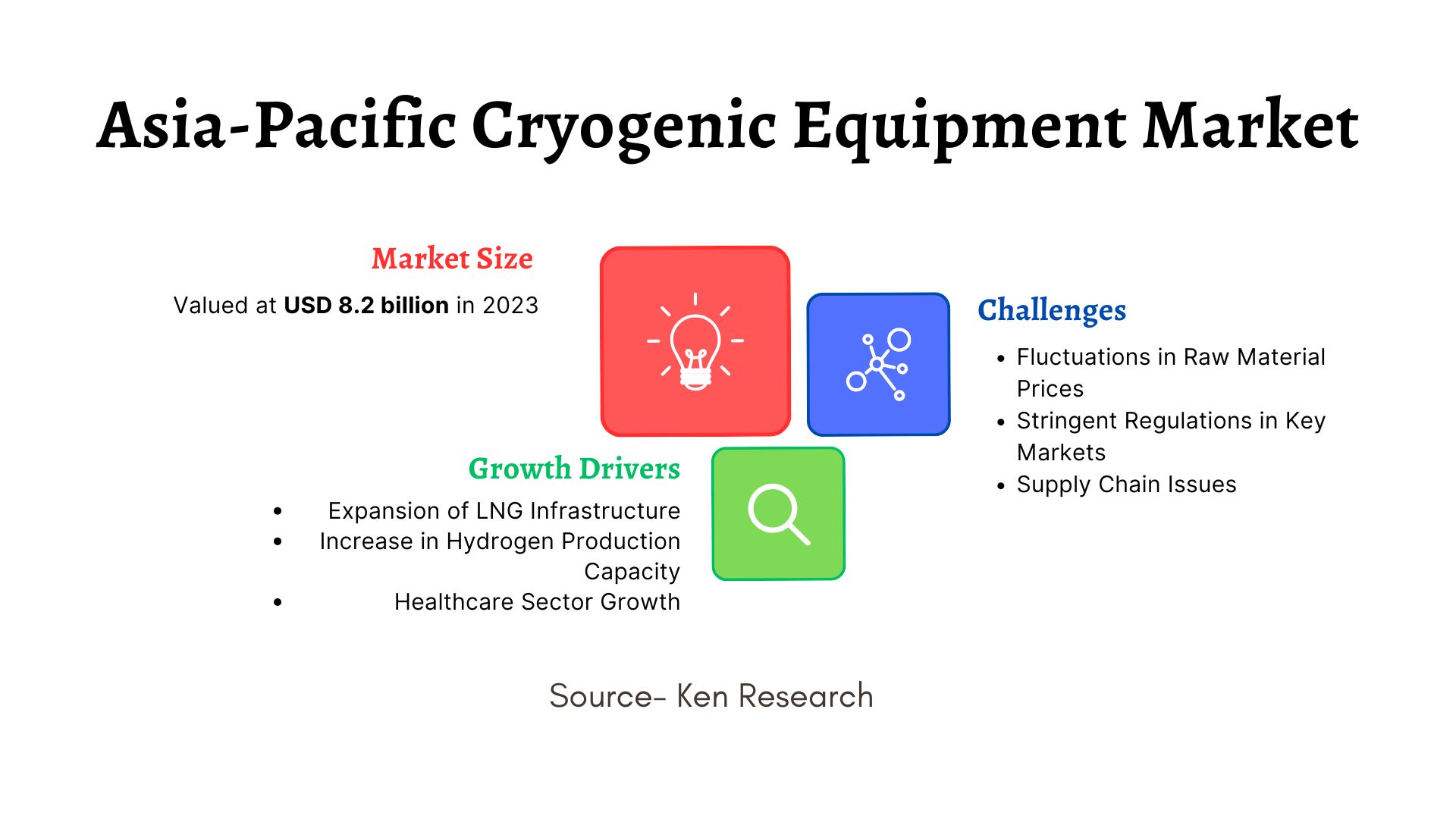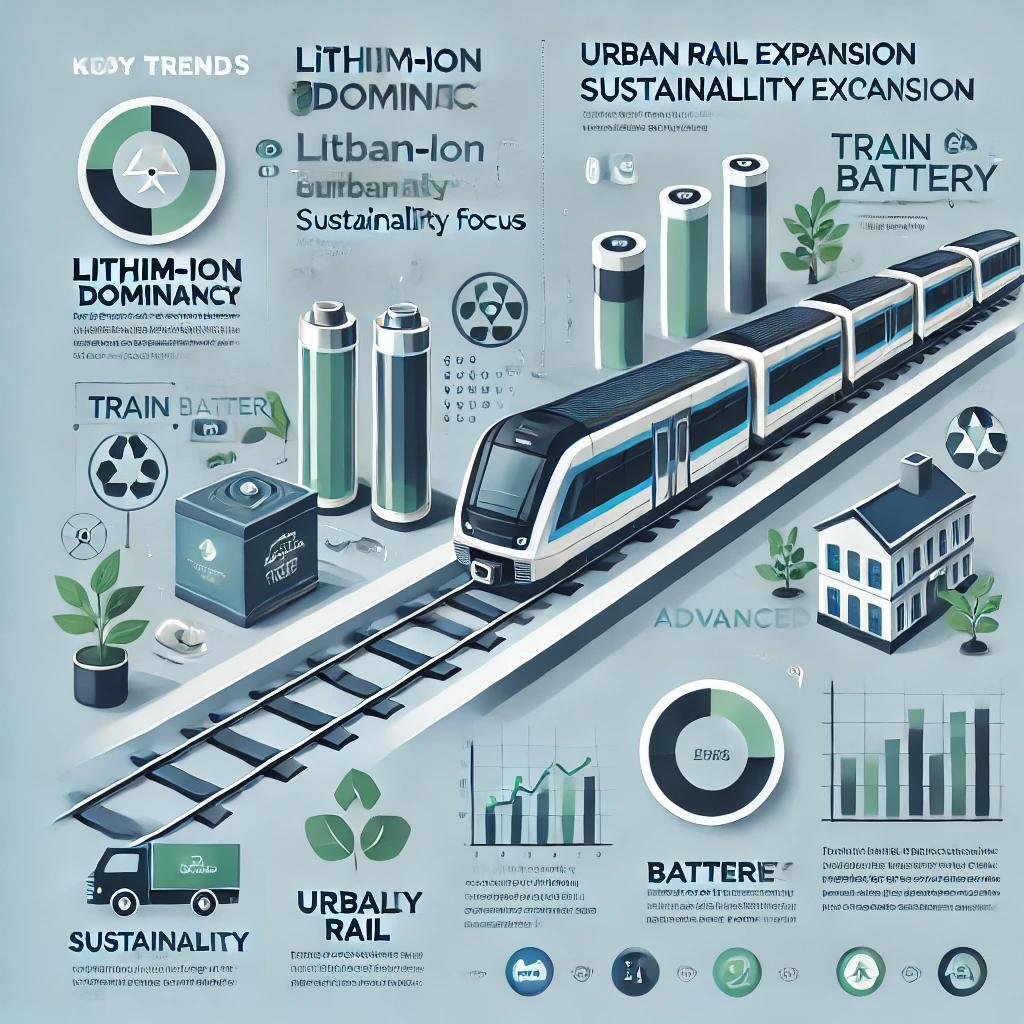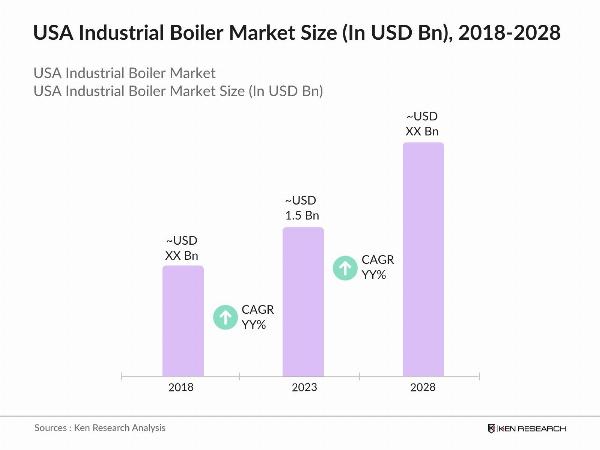Saudi Arabia 3PL Market Accelerates on Vision 2030, E‑Commerce & Infrastructure Drive

The Saudi Arabia third-party logistics (3PL) market is emerging as a cornerstone of the Kingdom’s economic diversification, reflecting a bold national agenda to reduce dependency on oil and become a global trade and logistics hub. Valued at approximately USD 13.6 billion in 2023, the market has demonstrated steady growth over the past five years and is poised for significant acceleration as government-led investments and private sector innovations converge. Vision 2030’s strategic focus on infrastructure, digitalization, and supply chain modernization has made the 3PL sector a crucial enabler of trade facilitation, domestic manufacturing, and export competitiveness.
Key Market Drivers
Vision 2030 Infrastructure Push
Vision 2030 represents one of the largest state-led transformations globally, and logistics is a central pillar. Over USD 100 billion has been allocated to improve and modernize roadways, seaports, airports, and integrated logistics zones. Projects like NEOM, the King Salman International Airport, and the Land Bridge rail initiative are designed to create seamless trade corridors, reduce delivery times, and cut transportation costs. For 3PL companies, these initiatives open new lanes for multimodal logistics, value-added warehousing, and optimized distribution.
E‑Commerce Surge & Last‑Mile Demand
Saudi Arabia’s online retail market has expanded rapidly, driven by a young population, increased smartphone penetration, and improved digital payment systems. E-commerce growth has translated into unprecedented demand for last-mile delivery services, reverse logistics, and fulfillment warehousing. Third-party logistics firms are expanding their footprint by partnering with retail giants, launching micro-fulfillment centers, and automating last-mile tracking to cater to urban and rural consumers alike.
Technology Adoption in Operations
Digital transformation is reshaping the 3PL value chain. Leading logistics providers in the Kingdom are deploying advanced fleet management tools, AI-based inventory systems, blockchain for contract management, and IoT-enabled condition monitoring for perishable goods. Automation in warehouses, through robotics and conveyor technology, is improving throughput and reducing labor dependency, particularly for time-sensitive sectors like FMCG and pharmaceuticals.
International Trade & Logistics Hub Potential
Geographically, Saudi Arabia enjoys a strategic location that bridges Asia, Europe, and Africa. Recognizing this, the government is promoting the Kingdom as a regional logistics hub by offering fiscal incentives, creating Special Economic Zones (SEZs), and forming international trade agreements. Logistics players are now operating in a policy-friendly environment that encourages global supply chain integration and efficient cross-border movement.
Emerging Trends
- Cold Chain & Specialized Warehousing: Growing demand in pharmaceuticals, healthcare, and F&B is driving temperature-controlled storage and transport solutions.
- Rail Freight Integration: Partnerships with global firms are transitioning cargo routes from road to rail, aiming for reduced emissions and congestion.
- Green & Sustainable Logistics: Providers deploy fuel-efficient vehicles, renewable-powered warehouses, and electric fleets to cut environmental impact.
- Regional Hub Development: International players are expanding operations through joint ventures and regional logistics hubs.
Market Challenges
- High Capital Requirements: Building modern logistics parks, cold storage, and automated warehouses demands substantial investment, limiting scale for smaller players.
- Operational Cost Pressures: Rising energy prices, technology upkeep, and maintenance of high-tech infrastructure squeeze margins.
- Skilled Workforce Shortage: Demand for specialized roles often outpaces local talent availability.
- Complex Regulatory Environment: Navigating customs and cross-border trade rules adds operational complexity.
Competitive Landscape
- Global Players: DHL, CEVA, FedEx, and Kuehne + Nagel, often in joint ventures with regional giants.
- Domestic Leaders: Agility, Almajdouie, and Wared Logistics lead with local market knowledge and innovation.
- Strategic Moves: Major investments include logistics parks near Jeddah, green logistics hubs, and pharma distribution networks.
Future Outlook & Growth Opportunities
- Projected Growth: The market is expected to reach USD 24 billion by 2033, with a CAGR of ~6.2%.
- Digital Integration: Cloud-based logistics platforms enable agility for SMEs and large enterprises.
- Healthcare Focus: Pharma 3PL segment forecast to grow steadily due to advanced medical logistics demand.
- Green Shift: Sustainability practices are becoming a competitive differentiator.
Conclusion
The Saudi Arabia third-party logistics (3PL) market is pivotal to the Kingdom's economic transformation. Built on infrastructure, driven by digital innovation, and expanded via sustainability and trade initiatives, this market offers immense opportunity for domestic and global operators. Strategic investment and agile execution can position 3PL players at the center of regional and global logistics networks.
Want detailed insights on this market? Download the Sample Report Now: https://www.kenresearch.com/sample-report/ksa-third-party-logistics-3pl-market?utm_source=seo&utm_medium=referral&utm_campaign=Naman
Note: IndiBlogHub features both user-submitted and editorial content. We do not verify third-party contributions. Read our Disclaimer and Privacy Policyfor details.







